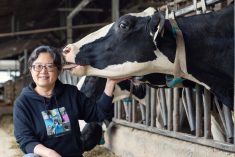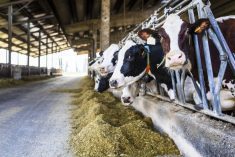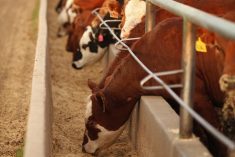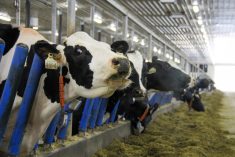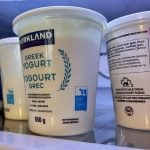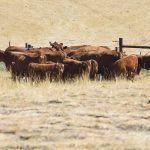Copenhagen | Reuters—Denmark has agreed to help farmers finance a feed additive that is expected to reduce methane emissions from cattle by up to 30 per cent, as part of efforts to meet ambitious climate goals, its government said on Monday.
Denmark, a major dairy exporter, could become the first country in the world to price agricultural emissions, including methane emissions from burping cows, a move that has broad political backing.
Methane, a more potent greenhouse gas than carbon dioxide, is a natural byproduct of digestion in cows and other ruminants that is released into the atmosphere.
Read Also
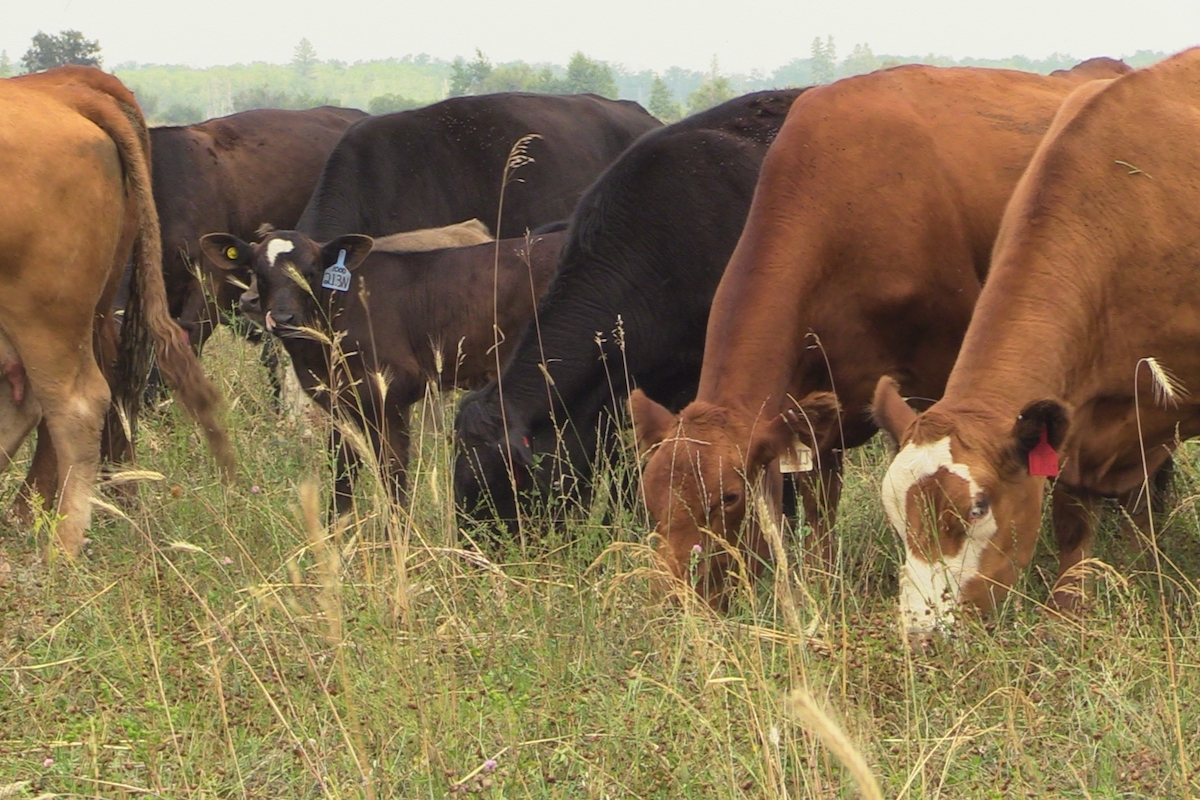
Beef industry weighs in on AAFC research cuts
The Canadian Cattle Association and Beef Cattle Research Council said cuts to federal research centres and programs will have long-term debilitating consequences for the beef industry.
The Nordic country has pledged to reduce emissions by 70 per cent by 2030 compared to 1990 levels.
More than half of Denmark’s land is farmed, with agriculture accounting for about a third of the country’s carbon emissions, according to Danish climate think tank Concito.
Farming has not yet been subject to any climate regulations, but the industry has expressed concerns that a carbon tax would force them to reduce production and close farms.
Instead, farmers and the dairy industry have advocated the use of additives that stop the fermentation process inside the cows’ stomach, preventing the production of methane.
The government set aside 518 million Danish crowns (C$101.9 million) to finance the feed additive, which is expected to reduce methane emissions from the country’s roughly 550,000 dairy cows by 30 per cent in 2030.
Such additives have been met with skepticism from Danish politicians and animal welfare groups, as it is still unclear whether it would meet Danish animal welfare standards.
Netherlands-based nutrition company Royal DSM had a feed additive approved by the EU in 2022.
This type of feed additive, sometimes called by trade name Bovaer, was approved for use in Canada early this year to general approval from beef and dairy groups.




